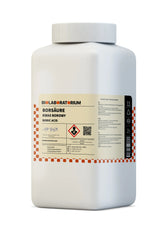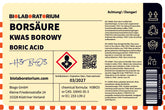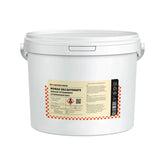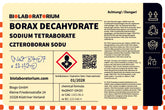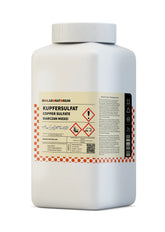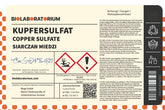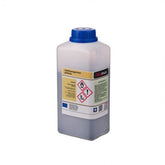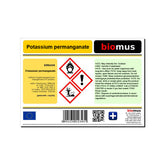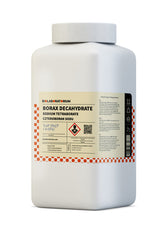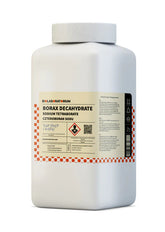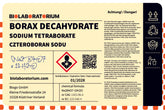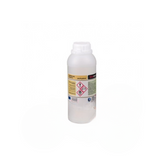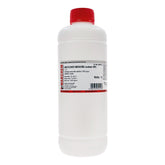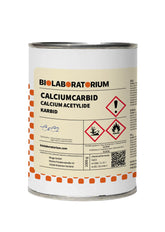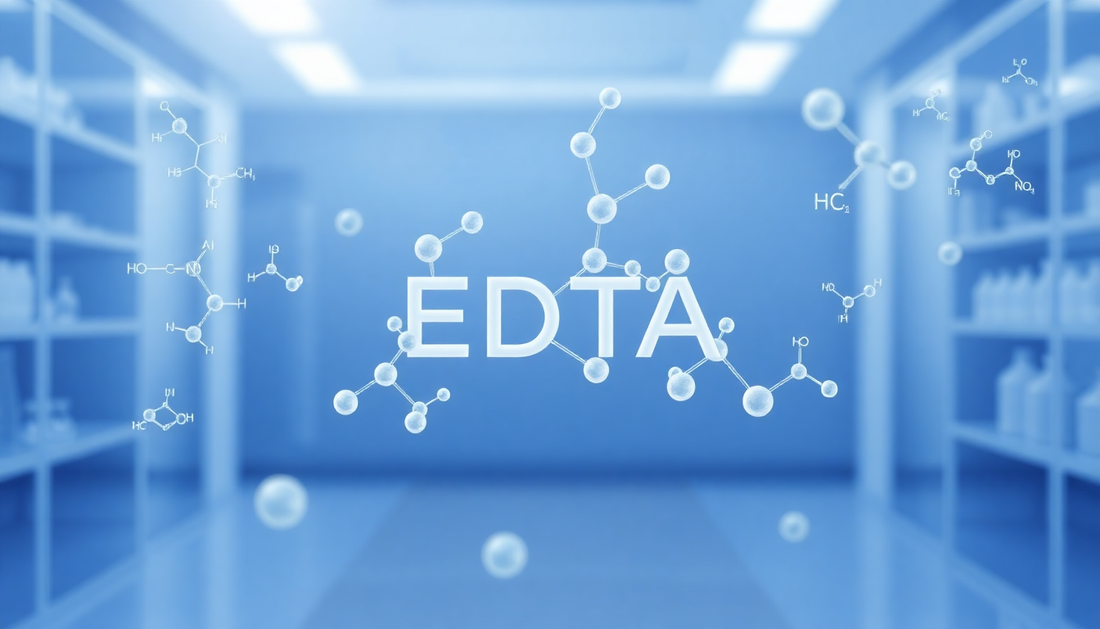EDTA – Properties and Applications in the Chemical Industry
EDTA, also known as ethylenediaminetetraacetic acid, is a versatile and important complexing agent used in a variety of industrial applications. In this blog post, we will take a closer look at the properties and applications of EDTA in the chemical industry.
What is EDTA?
EDTA is an organic compound consisting of four acetic acid groups and two nitrogen atoms. This structure allows EDTA to effectively bind and complex metal ions. EDTA is highly soluble in water and forms stable complexes with a variety of metal ions such as calcium, magnesium, iron, copper, and zinc.
Properties of EDTA
EDTA is characterized by the following important properties:
Complex formation
EDTA is capable of forming very stable complexes with metal ions. These complexes are generally water-soluble and can be easily transported and handled.
pH stability
EDTA is stable over a wide pH range and can be used in both acidic and alkaline solutions.
Corrosion protection
EDTA can be used as a corrosion inhibitor because it removes metal ions from surfaces and thus prevents corrosion.
Chelation
EDTA is a chelate complexing agent, which means it binds metal ions at multiple sites simultaneously. This leads to particularly stable complex formation.
Environmental compatibility
EDTA is biodegradable and considered relatively environmentally friendly, especially compared to other complexing agents.
Applications of EDTA in the chemical industry
EDTA has a wide range of uses in the chemical industry:
Water treatment
EDTA is used in water treatment to complex hardness formers such as calcium and magnesium and thus prevent scale deposits in pipelines, heat exchangers, and evaporators.
Cosmetics and personal care
In cosmetic products such as shampoos, creams, and lotions, EDTA serves as a stabilizer, preservative, and complexing agent. It prevents the oxidation of sensitive ingredients and protects against heavy metal contamination.
Chemical analysis
EDTA is used in chemical analysis to bind metal ions and thus determine their concentration in samples. It is used, for example, in titration methods to determine calcium and magnesium content.
Industrial cleaning
EDTA is used in industrial cleaners to remove metal ions from surfaces and thus prevent corrosion. It is used in degreasing, derusting, and descaling products.
Pharmaceutical industry
In the pharmaceutical industry, EDTA serves as a complexing agent, stabilizer, and preservative in medications, ointments, and injection solutions.
Food industry
EDTA is also used in the food industry to bind metal ions and thus prevent the oxidation of sensitive ingredients. It is found in canned goods, beverages, and oils.
Industrial syntheses
EDTA can be used as a complexing agent in industrial chemical syntheses to suppress unwanted side reactions and increase the selectivity of the main reaction.
Conclusion
EDTA is a versatile and important complexing agent used in numerous applications in the chemical industry. Its ability to form stable complexes with metal ions makes it a valuable tool in areas such as water treatment, cosmetics, analytics, and industrial cleaning. With its environmental compatibility and versatility, EDTA will continue to play an important role in the chemical industry in the future.

